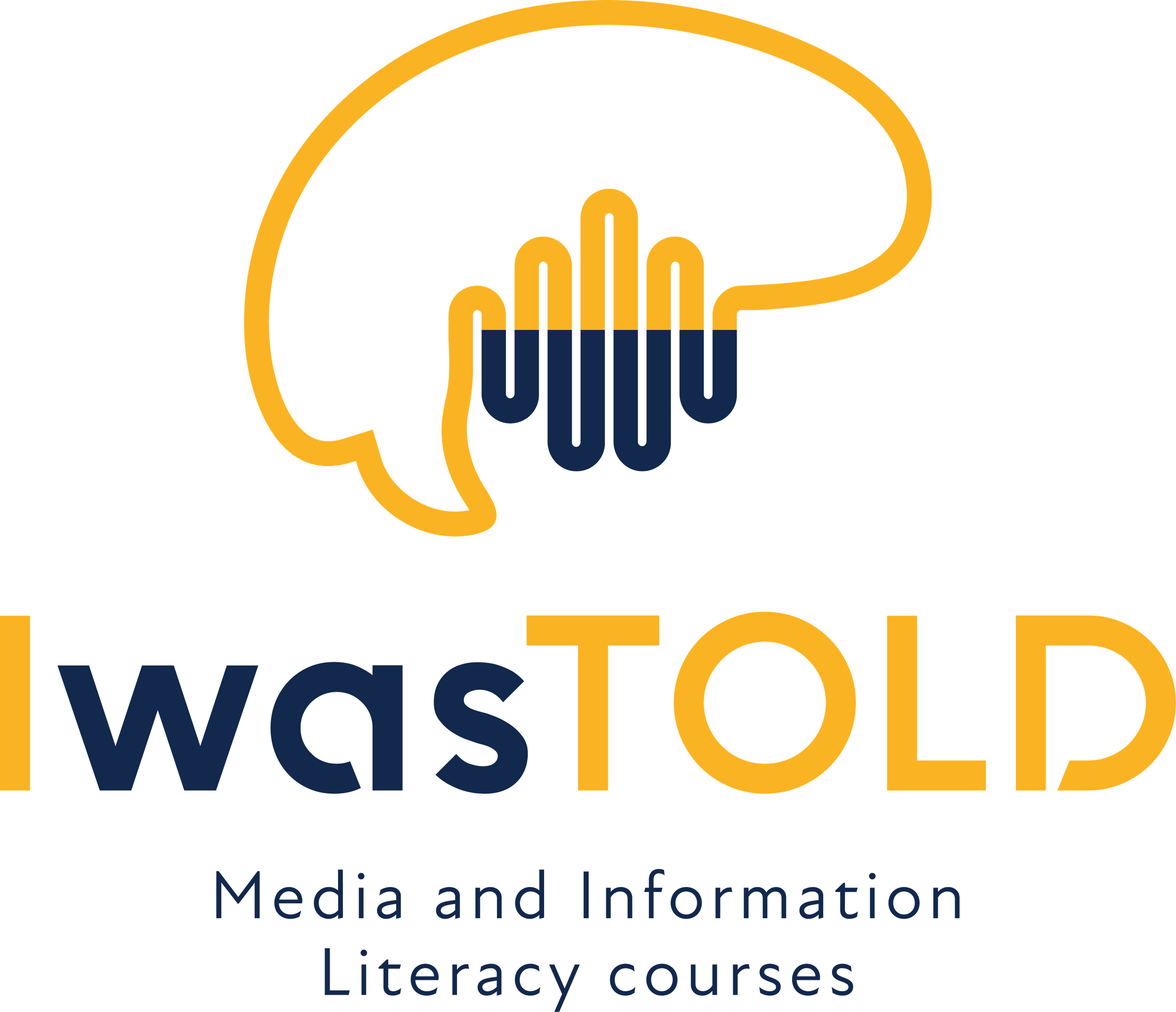4. MEDIA LITERACY AND NEW DIGITAL MEDIA ECOSYSTEM
-
New Media Ecosystem and Media Education 3.06 Topics|4 Quizzes
-
Platforms: The Power of GAFAM (Google, Apple, Facebook, Amazon and Microsoft)5 Topics|3 Quizzes
-
Algorithms and Their Role in Contemporary Digital Media Business6 Topics|4 Quizzes
-
Netflix and Algorithmic Literacy6 Topics|4 Quizzes
-
Fact-Checking Services as New Form of Digital Media5 Topics|3 Quizzes
Participants14
The practice of collecting and analysing digital media platform users’ data without their consent, with the aim to target advertisements or to make other forms of profit, is described as surveillance capitalism by American author and Harvard Business School professor Shoshana Zuboff. According to her, digital media companies track users and gather data on their behavior, preferences, habits, and interests, often using sophisticated algorithms and artificial intelligence to parse the information and create detailed profiles of individuals. This data is then used to sell advertising or other products to users, often in ways that are highly personalized and targeted.
A comprehensive analysis of surveillance capitalism and its consequences for society in the 21st century is provided by Shoshana Zuboff in her book, The Age of Surveillance Capitalism: The Fight for a Human Future at the New Frontier of Power. She summarizes it thus: “It is not simply about tracking us and selling ads, it is the business model for an ominous new marketplace that aims at nothing less than predicting and modifying our everyday behaviour — where we go, what we do, what we say, how we feel, who we’re with…Fundamentally new form of power and unprecedented concentrations of knowledge in private companies–free from democratic oversight and control».
Surveillance capitalism has also been criticised for posing a serious threat to individual privacy and autonomy, as well as contributing to broader social and political issues, such as disinformation. Critics point to the lack of transparency in the way that data is collected, used, and shared, as well as the lack of meaningful consumer choice or control over their personal data. They argue that the lack of accountability and oversight of these practices can undermine democracy. Thus, it can be seen that there is an urgent need for media education to address these shortcomings in order to protect the democratic process.
